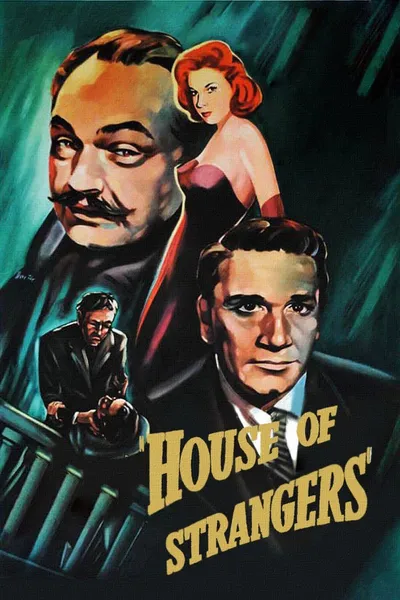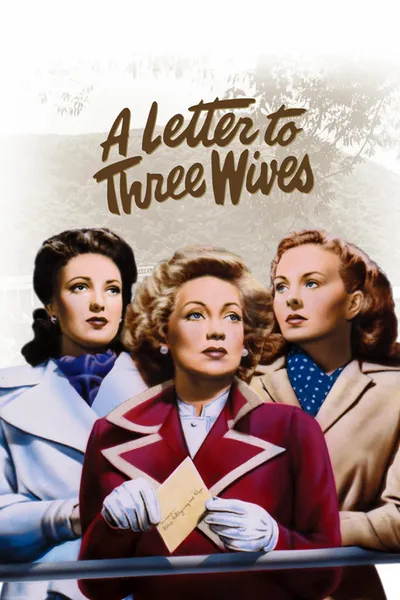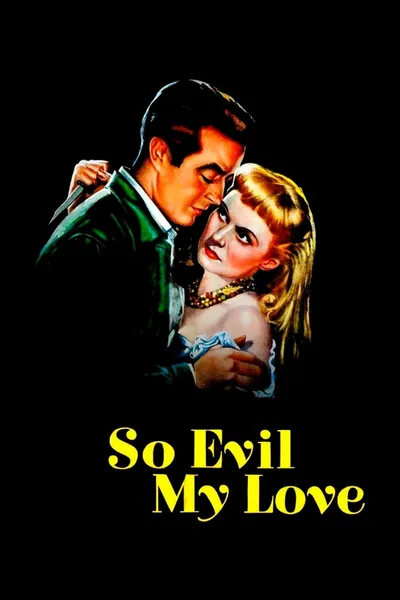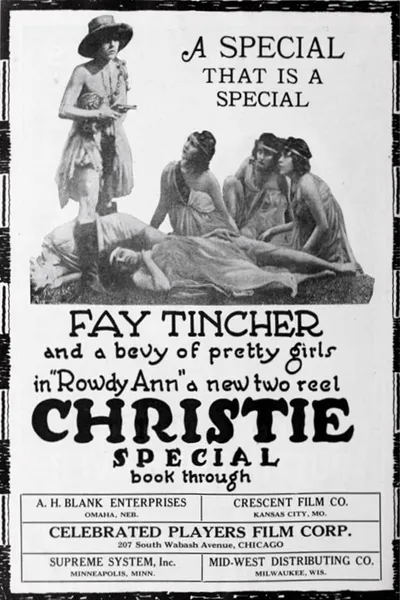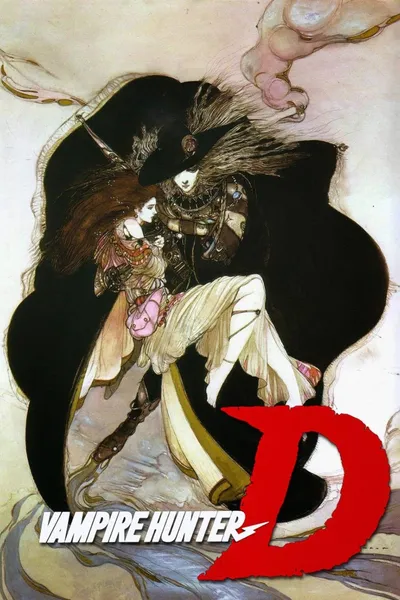Reviews

John Chard
December 13, 20187.0
It's still being done you know, outside the jungle.
House of Strangers is directed by Joseph L. Mankiewicz and adapted to screenplay by Phillip Yordan from Jerome Weidman's novel I'll Never Go There Any More. It stars Edward G. Robinson, Susan Hayward, Richard Conte, Luther Adler, Paul Valentine and Efrem Zimbalist. Plot finds Robinson as Gino Monetti, an Italian American banker who whilst building up the family business has ostracised three of his four sons. When things go belly up for Gino and the bank, the three sons turn against their father, the other, Max (Conte), stays loyal but finds himself set up for a prison stretch. Untimely since he's started to fall in love with tough cookie Irene Bennett (Hayward).
Jerome Weidman's novel has proved to be a popular source for film adaptation, after this 20th Century Fox produced picture came the Western version with Broken Lance in 1954 (Yordan again adapting), and then Circus set for The Big Show in 1961. While its influence can be felt in many other, more notable, crime dramas along the way. The divided clan narrative provides good basis for drama and lets the better actors shine on the screen with such material. Such is the case with House of Strangers, which while hardly shaking the roots of film noir technically, does thematically play out as an engrossing, character rich, melodrama.
Propelled by a revenge core peppered with hate motives instead of love; and dabbling in moral ethics et al, Mankiewicz spins it out in flashback structure. The primary focus is on Max and Gino, with both given excellent portrayals by Conte and Robinson. Gino is a driven man, very dismissive towards three of his boys (Adler standing out as Joe) who he finds easy to find fault with. But Max is spared the tough love, Gino admires him and sees him very much as an equal, which naturally irks the other brothers something rotten. This all comes to a head for the final quarter where the pace picks up and the tale comes to its prickly, if not completely satisfactory, ending.
In the mix of family strife we have been privy to Max's burgeoning relationship with Irene (Hayward sassy), which positively simmers with sexual tension, or maybe even frustration? This in spite of the fact he is engaged to be married to the homely innocent Maria (Debra Paget). So with dad Gino proving to be, well, something of an ungrateful bastard, and Max cheating on his intended, clearly this is not a film about good old family values coming to the fore! Then there's the small matter of brother betrayal and the case of the foolish decision making process, all elements that keep the viewer hooked till the last. 7/10
Recommendation Movies
No Way Out1950
A Letter to Three Wives1949
Champion1949
So Evil My Love1948
The Violent Men1955
Whirlpool1970
The Reluctant Fundamentalist2013
Rowdy Ann1919
Death Wish2018
Fear Street: 16662021
Leprechaun Returns2018
One Nation, One King2018
Bill Burr: Paper Tiger2019
In the Heights2021
The Return2020
Superman/Shazam!: The Return of Black Adam2010
Jarhead: Law of Return2019
See You Yesterday2019
Joker2019
Vampire Hunter D1985
© 2025 MoovieTime. All rights reserved.Made with Nuxt
